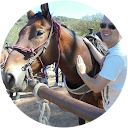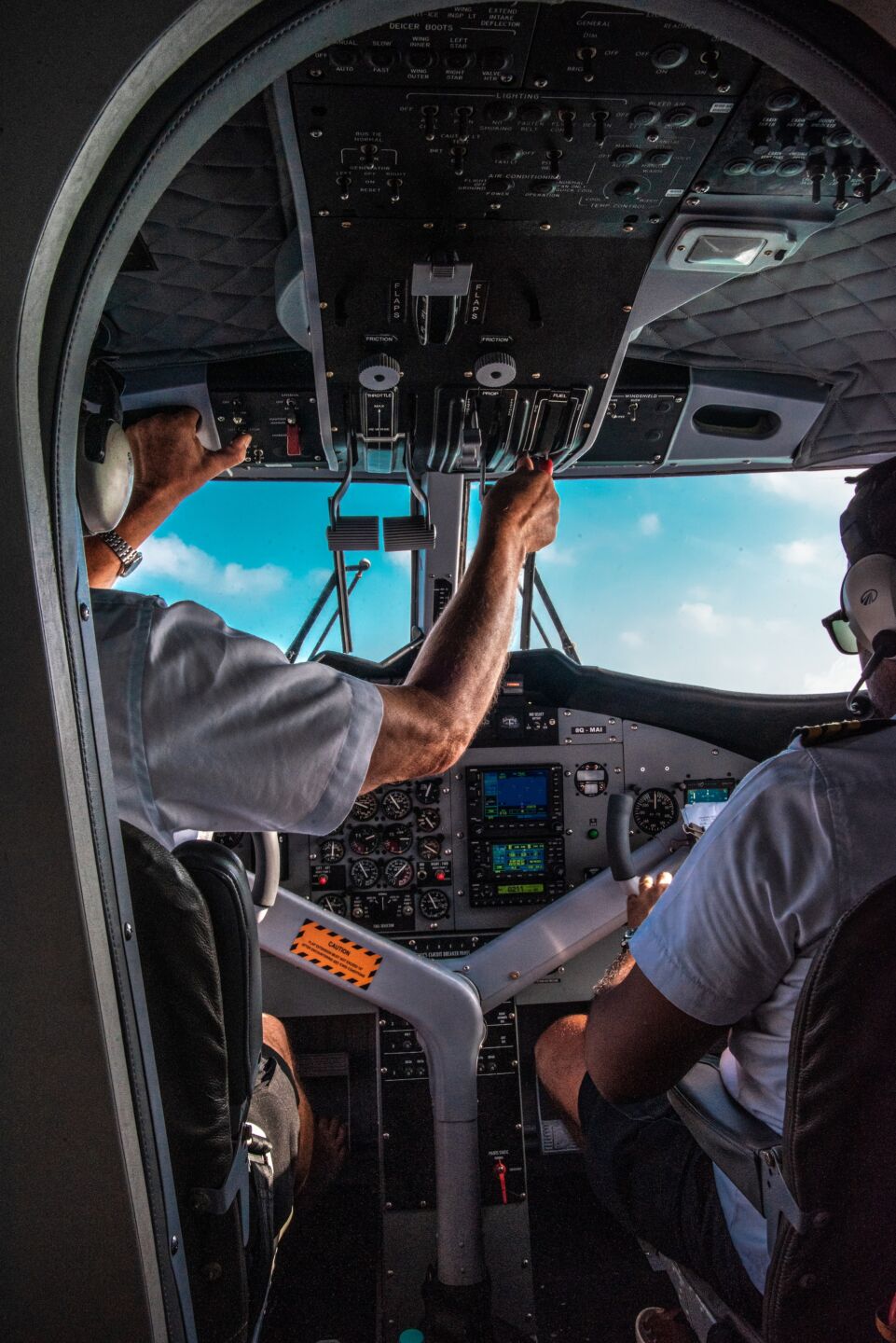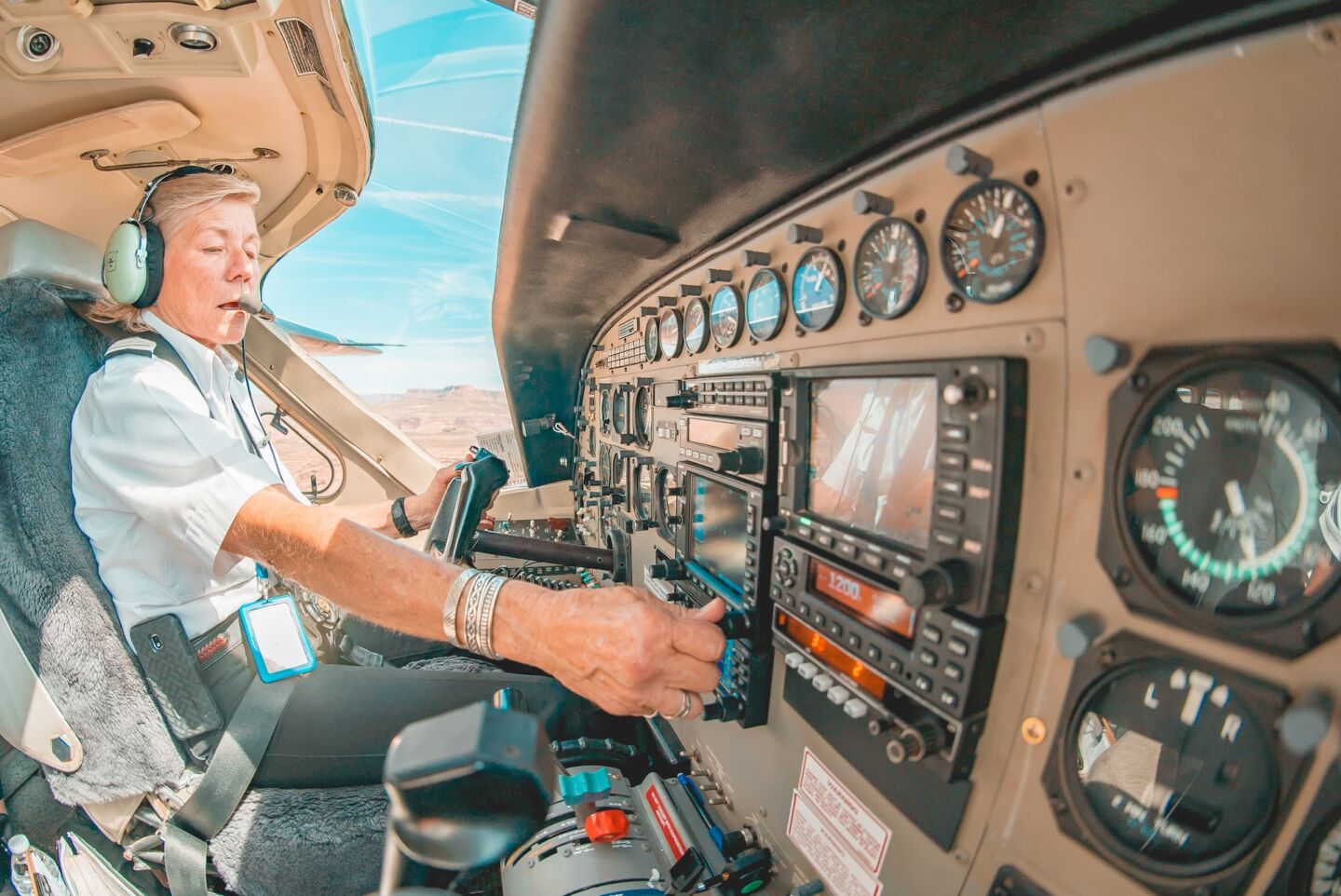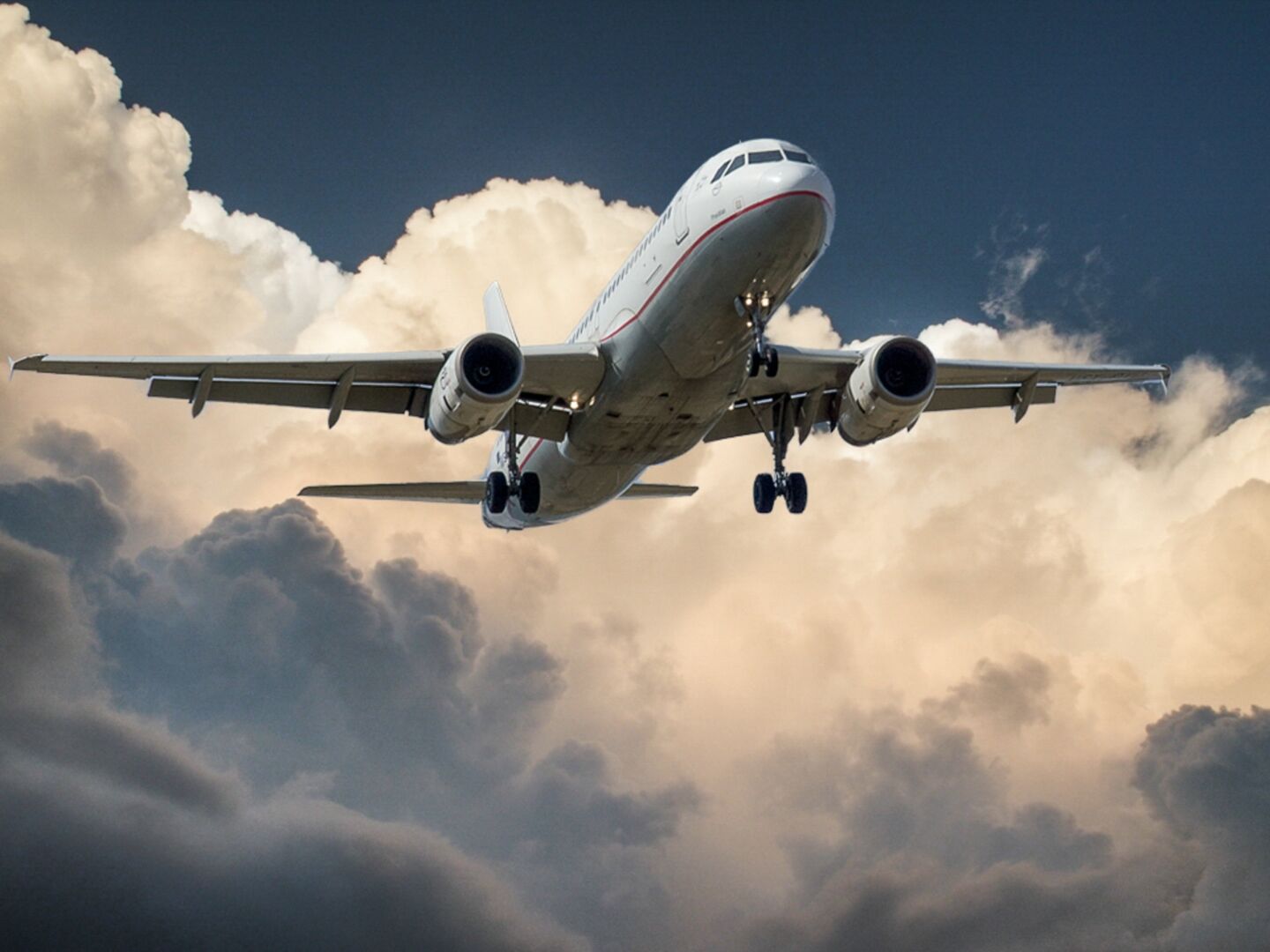Chris Nicklin is a certified Personal Trainer with over 7 years' experience, and the owner of Nxtep Personal Training. Chris qualified from Edge Hill University with a Bachelor of Science (BSc) degree in Sports Coaching and Performance Development, and has delivered over ten thousand one-to-one Personal Training sessions.
Published 14/07/2023
Understanding the Physical Demands of Airline Piloting
Airline pilots endure a range of physical challenges while operating in the cockpit. Prolonged sitting, exposure to vibrations, and changes in cabin pressure can have various effects on the body. According to research conducted by aviation experts, these factors can lead to decreased blood flow, muscle fatigue, dehydration, and increased susceptibility to deep vein thrombosis (DVT). It is crucial to understand the specific physical demands pilots face to design effective training programmes that address these challenges. Cabin crew are not as likely to develop DVT as pilots because they’re always on the move, whereas a pilot is usually sat down for many hours at a time.
Check out our great Google reviews!

Also the clients are lovely and incredibly supportive of each other. Well bloody done Chris!
At one point i couldnt walk up the stairs... after been hospitalized and locked in a room for nearly a month at pinderfields I was diagnosed with severe asthma to been under observation for COPD at 30 years old and still living everyday with it now, I decided to make a change. I moved to Cheshire I joined @nxtepknutsford and in a matter of months I was competing at @turfgames with the gym family
I cannot thank everyone enough who has been on my journey
Now at 32 I can lift 110kg on a deadlift
I can run .... some sort of distance and always improving as much as my lungs will carry me.
Never give up and push to be better
We saw. We came. I conquered! 🏆
A year later and I'm married, 12kg lighter than when I first started, lifting much heavier weights and am in much better shape in general. Chris and Luca have been amazing with my training; they always challenge me to try new things and to push further, which is really helpful for someone who's training has always seemed to plateau in the past.
They've also taught me about health and fitness as a lifestyle; there's so much more to it than lifting some weights or constantly being on a diet, and they always keep things new, fun and flexible. They're also really helpful and approachable guys; I've messaged them lots of times to ask for training tips and advice when I'm going to the gym outside of training hours, and they're always more than happy to help.
Chris helped me through my pregnancy teaching me safe ways of keeping my core strong, helping with my postural alignment as well as addressing some muscular imbalances that I wasn’t aware I had. Most importantly, Chris gave me the confidence to continue training through pregnancy. I knew I was in safe hands. Chris is phenomenally knowledgeable in how our bodies work.
May 2022, I am currently pregnant with my second child and still continuing to train with Chris at Nxtep. Luca has also joined the team and is a fantastic addition. They are a great team, and I am very lucky to be trained by them both. I would highly recommend anyone thinking about pre or post natal pregnancy training to consider Nxtep.
It never felt just like a business and always felt more caring, I was also doing it as part of my DofE to which Luca/Chris were very helpful with.
I've had to stop due to other focuses in life but I've got some real fond memories of the time and am hoping to go back later if I can!
Chris was fundamental to me in making the nutrition and exercise changes required to achieve goals.... inspiring, motivational, encouraging & supportive he is great to work with......regular tracking & updates help me to stay focused..... Chris is easy to get along with and the sessions are challenging but enjoyable.....
Effects of Irregular Schedules and Time Zone Changes
The aviation industry operates around the clock, subjecting pilots to irregular work schedules and frequent time zone changes. These disruptions can disrupt sleep patterns and interfere with the body’s natural circadian rhythm, leading to fatigue, decreased cognitive function, and increased risk of errors. Managing sleep and adjusting to new time zones are crucial considerations for pilot well-being. Research suggests implementing strategies such as light exposure management, strategic napping, and sleep hygiene practices to mitigate the effects of irregular schedules and time zone changes on pilots. Incorporating these strategies alongside a bespoke personal training programme designed for pilots can optimise sleep patterns and enhance overall well-being.
Stress Management and Mental Wellbeing
Piloting an aircraft comes with immense responsibilities and high-pressure situations. The ability to manage stress effectively and maintain mental well-being is paramount for pilots. It is well known that physical exercise is one of the great stress relievers, but finding time as a pilot can be tricky. However our personal training programmes can be planned in around your schedule, no matter how irregular it may be.
It’s not all about physical exertion though – research shows that mindfulness practices and stress management techniques can significantly reduce stress levels and improve mental well-being. By incorporating these practices into your life as well as personal training, pilots can enhance their overall mental resilience and performance.






















